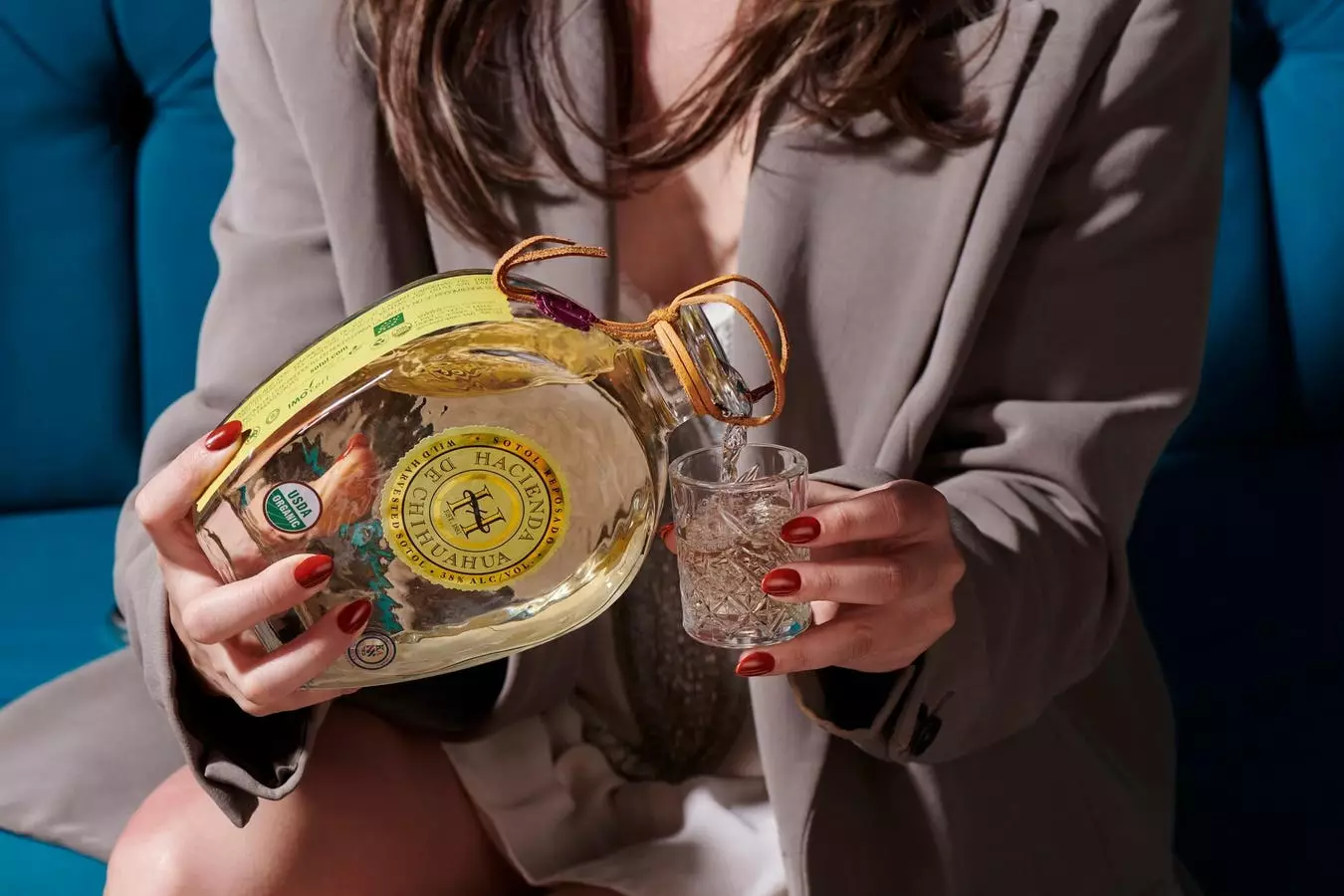The liquor industry is undergoing a transformational shift as consumers become increasingly aware of sustainability and the impact of their choices on the environment and society. Once considered a niche market, sustainable spirits are now gaining popularity, as drinkers are demanding greater transparency about product origins, production methods, and ethical practices. This article will delve into the growing fascination with sustainable spirits, spotlight innovative brands, and discuss the remarkable changes happening within the industry.
Today’s consumers are no longer passive recipients of products; they are proactive, informed individuals who question everything from the sourcing of ingredients to the environmental footprint of their favorite drinks. This heightened awareness signals a significant cultural shift. Drinkers are not just enjoying beverages for their taste and effect; they seek a connection with the products they consume, fostering a deeper understanding of their relationship with alcohol. This trend compels producers to adapt their practices in response to this newfound demand for accountability.
Environmentally conscious drinkers are looking for more than just organic labels or certifications; they seek brands that demonstrate genuine commitment to sustainability. Distilleries are rising to the occasion by implementing smarter agricultural practices, innovating cleaner distilling methods, and prioritizing waste reduction. The growing prevalence of certifications like B Corporation status is indicative of an industry that is beginning to recognize the importance of ethical business practices.
As sustainable practices take root in the realm of liquor production, several standout brands have emerged as exemplars of the movement. For instance, Hacienda de Chihuahua is a family-owned distillery in Mexico dedicated to the revival of Sotol, a spirit crafted from the wild Dasylirion plant. This distillery adheres to sustainable harvesting methods and employs innovative techniques like steam-cooking, resulting in an earthy, complex Reposado Sotol that showcases the rugged character of its Chihuahuan Desert origins. Such examples highlight how sustainability can coexist with tradition and quality.
Pollinator Spirits, founded by former city professionals turned distillers in the Western Catskills, has created a buzz with its honeybee-inspired rye whiskey. Their dedication to eco-friendly practices coincides with their production process, which incorporates honey barrels, adding a unique layer of flavor to their spirits. This thoughtful combination of taste and environmental consciousness exemplifies the potential for creativity within the sustainable spirits sector.
One of the most exciting aspects of the sustainable spirits movement is the reimagining of traditional drink categories. The Scottish distillery Bruichladdich exemplifies this shift toward innovation with its environmental stewardship initiatives, including a clear goal for decarbonization by 2025. Their approach to whisky production focuses on local sourcing of ingredients, waste-reducing packaging, and biodynamic farming. The result is their Islay Barley single malt, an expression that not only embodies the rich flavors of the region but also reflects a deep commitment to ecological responsibility.
In Scotland, Arbikie Distillery has introduced Nàdar Gin, the world’s first climate-positive gin, made from peas. This product marks a significant leap in utilizing local produce while respecting the environment. Infused with flavors like lemongrass and makrut lime, Nàdar Gin not only tastes fresh and vibrant but also serves as an important milestone in sustainable production methods.
A Diverse Future: The Mezcal Renaissance
As the demand for environmentally friendly spirits grows, the mezcal category stands out for its diverse range of flavor profiles and production techniques. Mezcal Amarás offers remarkable expression with its Cupreata variety, showcasing unique flavor notes from high-altitude Guerrero agave cultivation. Meanwhile, Tosba Mezcal is a family-run venture that revitalizes local economies through their traditional but progressive approach. Their Espadín bottling delights the palate with its balancing act of citrus and smoky flavors, reaffirming mezcal as a wine lover’s spirit.
As sustainable spirits continue to transform the liquor industry, it is clear that consumer preferences are reshaping how products are made and marketed. Brands are increasingly recognizing the need to harmonize profitability with responsibility, leading to innovations that prioritize both taste and ethical practices.
The ongoing evolution of consumers’ appetite for transparency will likely guide future industry developments, pressing producers to take inventory of their processes and opt for sustainable practices that resonate with buyers. As we approach a new era in the liquor industry, the embrace of sustainable spirits signifies a significant leap toward a better, more conscientious future for the environment and the communities involved in alcoholic beverage production. Whether it’s through innovative distillation techniques or the forging of local economies, sustainable spirits not only taste good but also do good.


Leave a Reply